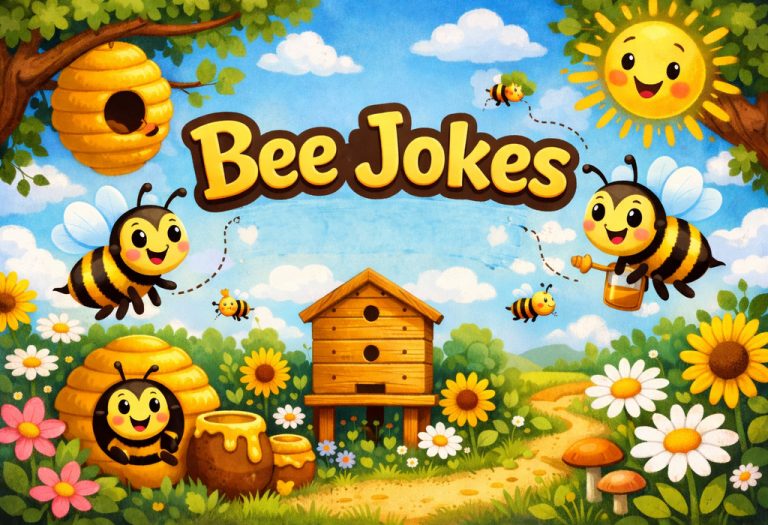Optional & Mandatory Vaccines for Babies and Children in India
Everybody knows how important it is for children to be vaccinated. Some vaccinations are mandatory in India, whereas others are considered to be optional. But that doesn’t mean you can dismiss them as even they have become necessary today. We know that it can be hard to remember the vaccine names and their due dates. To make parenting a little bit easier, we made the Vaccination Tracker. This tool provides a customised immunisation schedule at your fingertips. All you have to do is tell us when your baby was born, and we’ll do the rest! Read on to learn more about optional and mandatory vaccinations in India for babies and how they can protect your child’s health.
List of Optional and Compulsory Vaccines
Here are the mandatory vaccinations for babies in India and optional vaccines for infants in India (1):
1. At Birth
Your baby will need the following (2):
a) BCG (Bacillus Calmette Guerin)
This vaccination will cause a bit of swelling at the site it was administered.
What It Prevents
This vaccination prevents Tuberculosis.
Is It Mandatory/Optional and Why
Mandatory as it is a deadly disease that is responsible for two million deaths every year.
b) OPV 0 (Oral Polio Vaccine)
OPV is administered in three routine doses during the first year of a child’s life. It is given via oral drops.
What It Prevents
Poliomyelitis (Polio)
Is It Mandatory/Optional and Why
OPV is a mandatory vaccination as polio is a disease that damages the nervous system and leads to muscle weakness and even paralysis.
c) Hepatitis B (HB 1)
It is vital that this vaccine is given to your baby within twelve hours of birth in order to prevent viral transfer between you and your baby.
What It Prevents
Hepatitis B virus.
Is It Mandatory/Optional And Why
Mandatory as the Hepatitis B virus can cause liver infections and problems in your baby.
2. At 6 Weeks (1.5 Months)
Your baby will need the following (3):
a) DTP 1
There may be swelling and pain at the site and slight fever.
What It Prevents
This vaccine prevents Diphtheria, Tetanus and Pertussis (Whooping Cough).
Is It Mandatory/Optional and Why
Mandatory as they are contagious and fatal diseases.
b) HiB 1 (Influenza Type B)
These vaccines are found in liquid and lyophilized formulas.
What It Prevents
Brain and Spine damage.
Is It Mandatory/Optional and Why
Optional but recommended to prevent brain and spine damage.
c) Rotavirus 1
There are two vaccinations, and the first one is administered at six weeks.
What It Prevents
Rotavirus infection, which causes severe diarrhoea and vomiting, especially in young infants.
Is It Mandatory/Optional and Why
This vaccine is considered to be an optional one, but it is highly suggested that you give your child this vaccination as the Rotavirus infections are highly contagious.
d) PCV 1 (Pneumococcal Conjugate Vaccine)
Most pneumococcal infections occur during the first two years of a child’s life, which is why it is a shot that is given to babies and toddlers.
What It Prevents
It prevents bacteria from causing blood and ear infections.
Is It Mandatory/Optional and Why
Optional, but recommended that you give your child this shot as these infections are contagious.
e) Hepatitis B (HB 2)
Your baby will need a second dose of the Hepatitis B vaccine.
What It Prevents
It protects your baby from the Hepatitis B virus.
Is It Mandatory/Optional and Why
Mandatory as this virus can cause liver infections in your child.
3. At 10 Weeks (2.5 Months Old)
Your baby will need to take the following (5):
a) IPV 2 (Inactivated Polio Vaccine)
This will be the second dose.
What It Prevents
Polio
Is It Mandatory/Optional and Why
Optional, but recommended in order to give them better immunity.
b) DTP 2
The second dose of the DPT Vaccine.
What It Prevents
Diphtheria, Tetanus and Pertussis (Whooping Cough).
Is It Mandatory/Optional and Why
Mandatory vaccine as they are contagious.
c) HiB 2
This is the second dose.
What It Prevents
Brain and spine damage.
Is It Mandatory/Optional and Why
Optional but recommended.
d) Rotavirus 2
The second required dose.
What It Prevents
Rotavirus infection.
Is It Mandatory/Optional and Why
Optional, but it is highly suggested as the infections are highly contagious.
e) PCV 2
The second dose of PCV.
What It Prevents
Blood and ear infections.
Is It Mandatory/Optional and Why
Optional, but it is recommended as the infections are dangerous.
4. At 14 Weeks (3.5 Months Old)
At this age, your baby will need to take the following:
a) IPV 3
This will be the third dose of this vaccine.
What It Prevents
Polio
Is It Mandatory/Optional and Why
Optional vaccination, but recommended for better immunity.
b) DTP 3
The third dose.
What It Prevents
Diphtheria, Tetanus and Pertussis, also known as a Whooping Cough.
Is It Mandatory/Optional and Why
Mandatory as the diseases are highly contagious.
c) HiB 3
This is the third dose.
What It Prevents
Brain and spine damage.
Is It Mandatory/Optional and Why
Optional but recommended for better immunity.
d) Rotavirus 3
The third required dose.
What It Prevents
Rotavirus infection.
Is It Mandatory/Optional and Why
Optional, but suggested as the infections are contagious.
e) PCV 3
The third dose of PCV.
What It Prevents
Blood and ear infections.
Is It Mandatory/Optional and Why
Optional, but it is recommended that you give your child this shot as these infections are contagious.
5. At 6 Months Old
Your baby will need the following:
a) Hepatitis B (HB 3)
The last dose of the Hepatitis B vaccine.
What It Prevents
Protects your baby from the Hepatitis B virus.
Is It Mandatory/Optional and Why
This virus can cause liver infections and problems in your baby.
b) OPV 1 (Oral Polio Vaccine)
Given by oral drops.
What It Prevents
Poliomyelitis (Polio).
Is It Mandatory/Optional and Why
This dose is considered mandatory as it gives your child a better chance of protection.
6. At 9 Months Old
Your baby will need the following:
a) OPV 2
Given by oral drops.
What It Prevents
Poliomyelitis (Polio).
Is It Mandatory/Optional and Why
Mandatory as it gives your child a better chance of protection.
b) MMR 1
This vaccine is given in two doses.
What It Prevents
Measles, Mumps and Rubella
Is It Mandatory/Optional and Why
Mandatory as these are serious illnesses.
c) TCV 1
This vaccine is given in two doses.
What It Prevents
Typhoid.
Is It Mandatory/Optional and Why
It is mandatory as typhoid can be life-threatening.
7. At 12 Months Old
Your baby will need the following:
a) Hepatitis A
This is usually taken in two doses.
What It Prevents
Hepatitis A, liver disease.
Is It Mandatory/Optional and Why
It is mandatory as it is contagious.
8. At 15 Months Old
Your baby will need the following (4):
a) MMR 2
The second dose of the vaccine.
What It Prevents
Measles, Mumps and Rubella.
Is It Mandatory/Optional and Why
Mandatory as they are serious illnesses.
b) Varicella
This will require two doses.
What It Prevents
Chicken Pox.
Is It Mandatory/Optional and Why
The illness is highly contagious, so it is recommended your child gets it.
c) PCV Booster
The final PCV booster.
What It Prevents
Ear infections and blood infections.
Is It Mandatory/Optional and Why
Optional but necessary to prevent problematic infections.
9. 18 Months Old (1.6 years)
Your little one will need the following:
a) Hepatitis A 2
The second dose of this vaccine.
What It Prevents
Hep A, liver disease.
Is It Mandatory/Optional and Why?
Mandatory as it is a contagious disease.
b) DPT B 1
The booster of the DPT Vaccine.
What It Prevents
Diphtheria, Pertussis (Whooping Cough) and Tetanus.
Is It Mandatory/Optional and Why
Mandatory as the diseases are highly contagious.
10. 2 Years Old
Your little one will need the following:
a) TCV Booster
Second dose of vaccine.
What It Prevent
Typhoid.
Is It Mandatory/Optional and Why
Mandatory as the disease can be life-threatening.
11. 4 Years Old
The following vaccine will be needed:
a) MMR 3
The third dose of this vaccine.
What It Prevents
Measles, Mumps and Rubella.
Is It Mandatory/Optional and Why
Mandatory as the illnesses are serious.
12. 5 Years Old
Your child will need the following:
a) DPT B 2
Second booster of the DPT Vaccine.
What It Prevents
Diphtheria, Pertussis, also known as a Whooping Cough and Tetanus.
Is It Mandatory/Optional and Why
Mandatory as diseases are contagious.
FAQs
1. Can vaccines be delayed or skipped?
It’s best to follow the recommended schedule, but if a vaccine is missed, your doctor can guide you on catching up with a “catch-up schedule.” Skipping vaccines can leave your child vulnerable to infections, so staying up-to-date with their immunisation is essential (7).
2. Are there any side effects of vaccines?
Most vaccines cause mild side effects, such as fever, redness at the injection site, or slight swelling. These reactions are typically short-lived and a sign that the body is building immunity. Serious side effects are rare, but it’s essential to discuss any concerns with your paediatrician before vaccination (6).
Young mothers should always consult with their doctors to find out all the information that they need and will also be able to ask any questions that may trouble them about it. The pain and suffering a child goes through during the vaccination process will make any mother’s heart ache, but remember that your child’s immunity is of vital importance, especially when there are so many viruses and infections flying around.
References/Resources:
1. Guidelines for vaccinations of a normal child in India; PubMed Central; https://www.ncbi.nlm.nih.gov/pmc/articles/PMC4928529/
2. Know your child’s vaccination schedule; UNICEF; https://www.unicef.org/india/stories/know-your-childs-vaccination-schedule
3. Your baby’s vaccinations; March of Dimes; https://www.marchofdimes.org/find-support/topics/birth/your-babys-vaccinations
4. Bracho-Sánchez. E; Vaccines Your Child Needs by Age 6; American Academy of Pediatrics; https://www.healthychildren.org/English/safety-prevention/immunizations/Pages/Your-Babys-First-Vaccines.aspx
5. Vaccine Schedule; Nemours KidsHealth; https://kidshealth.org/en/parents/immunization-chart.html
6. Your Child’s First Vaccines (Interim); Centers for Disease Control and Prevention; https://www.cdc.gov/vaccines/hcp/vis/vis-statements/multi.html
7. Vaccines for children: Your questions answered; UNICEF; https://www.unicef.org/parenting/health/parents-frequently-asked-questions-vaccines#
Also Read:
Meningococcal Vaccination
Vaccinations for Newborn Baby
Painless Vaccination for Babies
Child Immunization & Vaccination Schedule
Childhood Vaccinations for Various Diseases
Was This Article Helpful?
Parenting is a huge responsibility, for you as a caregiver, but also for us as a parenting content platform. We understand that and take our responsibility of creating credible content seriously. FirstCry Parenting articles are written and published only after extensive research using factually sound references to deliver quality content that is accurate, validated by experts, and completely reliable. To understand how we go about creating content that is credible, read our editorial policy here.






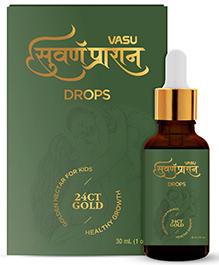
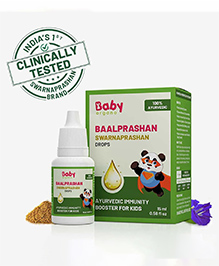

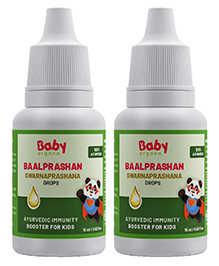

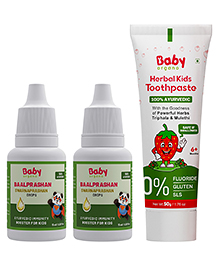



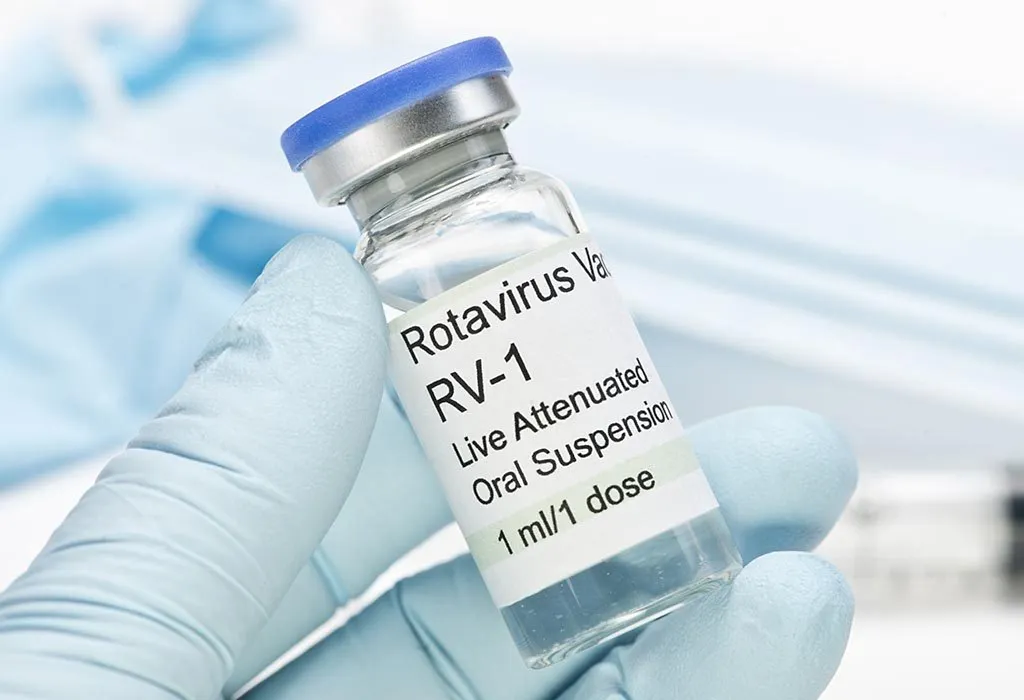



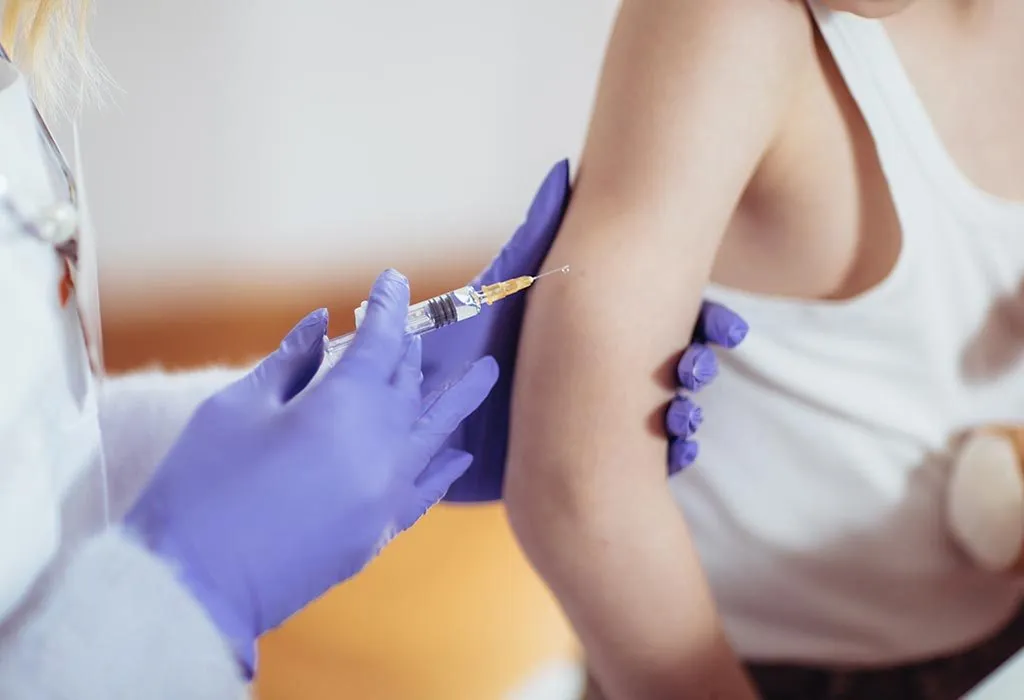







.svg)











